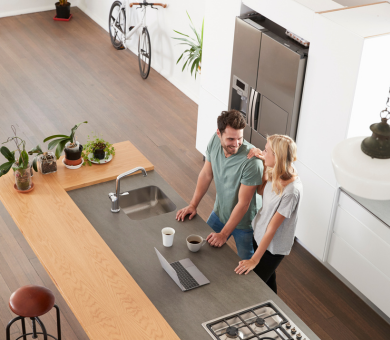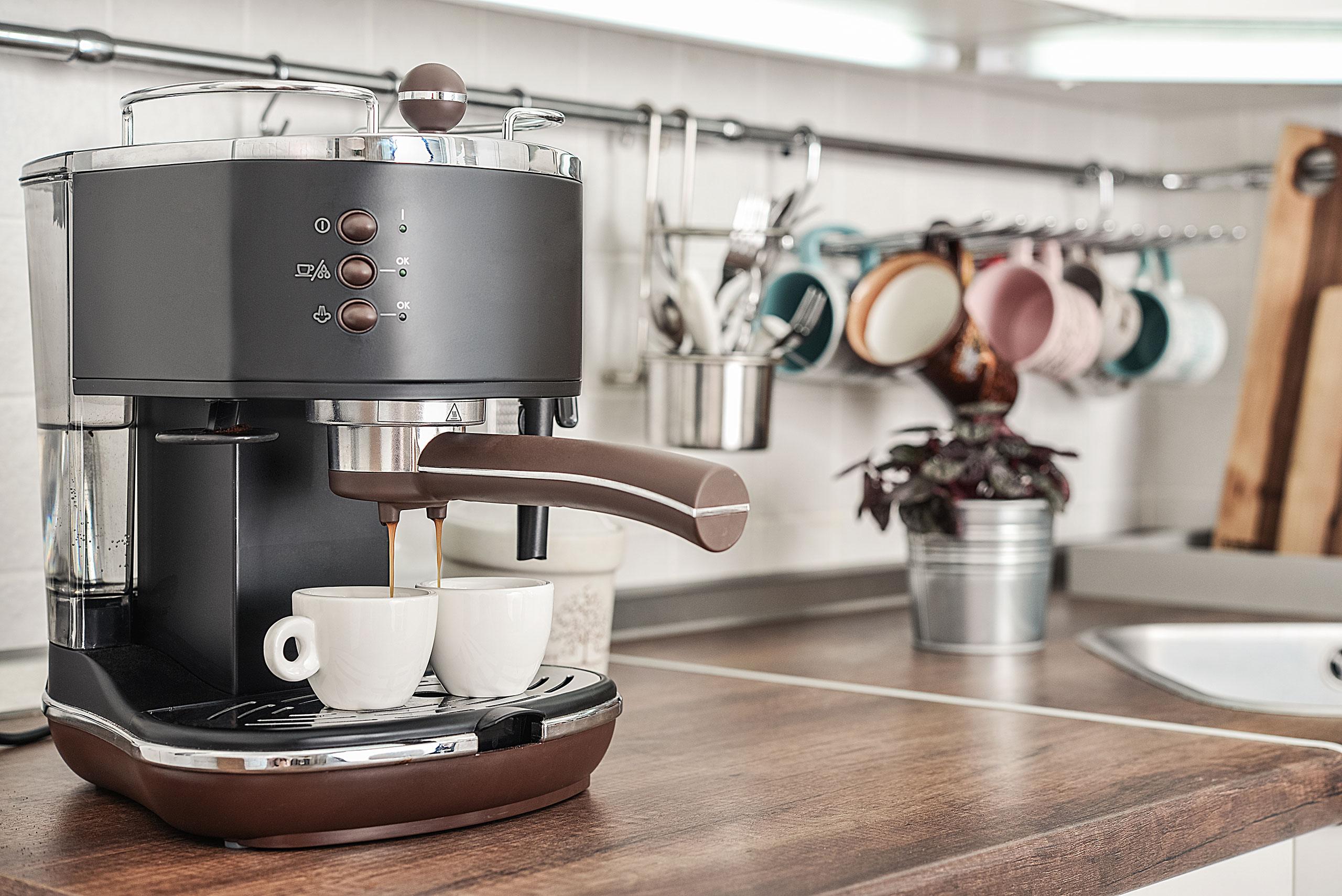
Confused as to why your water pressure is low? Find out what causes low water pressure and simple ways to resolve common issues in our latest blog.
Is your shower pressure weak or is your washing machine taking ages to fill? Even if you just notice a pressure drop when you’re running two different sinks at the same time – these are all possible signs of low water pressure. But what causes it and what can you do about it? Read on to find out more…
Why is my water pressure low?
Water UK reported that a whopping 2,954 million litres of water are leaked every day across England and Wales – the equivalent of 1,182 Olympic swimming pools. If you notice low water pressure, it could be because of leaky or clogged water pipes. Other problems could be a faulty or old pump or an obstructed shutoff valve – so make sure to get assistance. We’ll give you a general overview to help you isolate the problem and get help from your plumber.
The causes of low water pressure
Leaky pipes
In terms of low water pressure, leaks in your water pipes are not ideal. Firstly, access your water meter – it’s usually either in your home or on a wall outside your home. You’ll need to check if the valve is open and check for leaks in your house.
There are two simple steps to doing a quick check. Firstly, close the main water valve – take a reading from the meter and note it down afterwards. Then, wait two hours and check the water meter again. If the reading has gone up, you most likely have a leak.
Always remember to contact your local plumber, who will be able to check for you and demonstrate what to do for the future.
Clogged water pipes
Clogged water pipes are easily the most common cause of low water pressure. This occurs when you get build-up from iron pipes. You will need to get a plumber to clean or – worst-case scenario – replace your pipes.
A faulty pump
Check how old your water pump is, if it’s more than a couple of years old it could be sub-standard. It’s wise to do regular checks on your pump and its capacity, to check that it’s functioning well and avoid future hiccups.
An obstructed valve
This only takes a few minutes to check. Check your valve: if your valve isn’t fully open, the water flow will be restricted. If it’s open and you’re still having water pressure issues, then do not touch it and contact your plumber.
Can a water softener cause low water pressure?
A tiny amount of pressure may drop when you have a water softener installed but Harvey water softeners have been designed to reduce this. All Harvey waters experts are trained to find the best water softener model for your family. Read more about softeners and low water pressure on our blog.
How to fix low water pressure
How do you fix low water pressure? There are some easy checks and fixes you can do, and it’s always best to contact your local plumber – they will usually talk it through with you. In the meantime, checking your main water valve and meter readings, making sure the valve is not obstructed and fully open, and organising pump maintenance are just three starting points when checking water pressure at home.
All our Harvey water softeners are designed to handle both high and low flow rates. Book a free demo today and our experienced installers will ask you questions and do a health check of your water pressure before selecting the perfect water softener for your home.
Read more in our Water Softener Buyer’s Guide…
*Always seek advice from an experienced professional about your plumbing*
Try our water hardness checker to find out how the level of hard water in your area!


